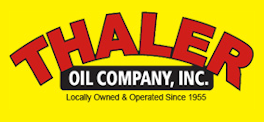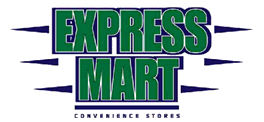Q: What is propane?
A: Propane is a clean-burning, efficient fuel used for heating, cooking, water heating, and powering appliances in homes, businesses, farms, and RVs. It is stored as a liquid and vaporizes into a gas when released.
Q: How is propane delivered?
A: Propane is delivered by truck to tanks on your property. Deliveries can be scheduled by calling or enrolling in our scheduled delivery program. If you have a monitor, deliveries are also automatic or can be requested.
Q: Do I own or lease my propane tank?
A: That depends on your arrangement. Some customers own their tank, while others lease it through us. If you’re unsure, call our office and we’ll confirm your account status.
Q: What does propane smell like?
A: Propane has a distinct, rotten egg or sulfur smell added to help detect leaks. If you notice this odor, treat it as a potential leak.
Q: How do I check for propane leaks safely?
A: You can apply a solution of soap and water to the connections and valves. If you see bubbles forming, there may be a leak.
Q: Do you offer tank monitoring?
A: Yes! We offer tank monitors that track your tank percentage in real time. You can use our app to view your levels, monitor usage, and request deliveries. We also track the monitors in our office to ensure you never run out.
Q: What size propane tanks do you offer?
A: We offer tanks in a variety of sizes including 120, 250, 320, 500, and 1000 gallons, depending on your usage needs. Our team can help you choose the right size for your home, farm, or business.
Q: What is your minimum delivery amount?
A: Our minimum delivery is 200 gallons.
Q: What happens if I run out of propane?
A: If your tank runs out, a leak test is required before we can restart service. This ensures your system is safe and free of leaks before repressurizing. The first time your tank runs out there is no fee for the leak test. Additional fees may apply on subsequent run-outs so make sure to monitor you tank and request a fill if ever under 25%.
Q: Why aren’t propane tanks filled to 100%?
A: Propane tanks are never filled to 100% to allow room for the liquid propane to expand. Propane expands and contracts with temperature changes. If a tank were completely full, rising temperatures could cause the propane to expand with no space to go, creating excessive pressure — which is dangerous. For safety, tanks are typically filled to about 80% of their capacity which ensures there’s enough space for safe expansion inside the tank.
 |
| 